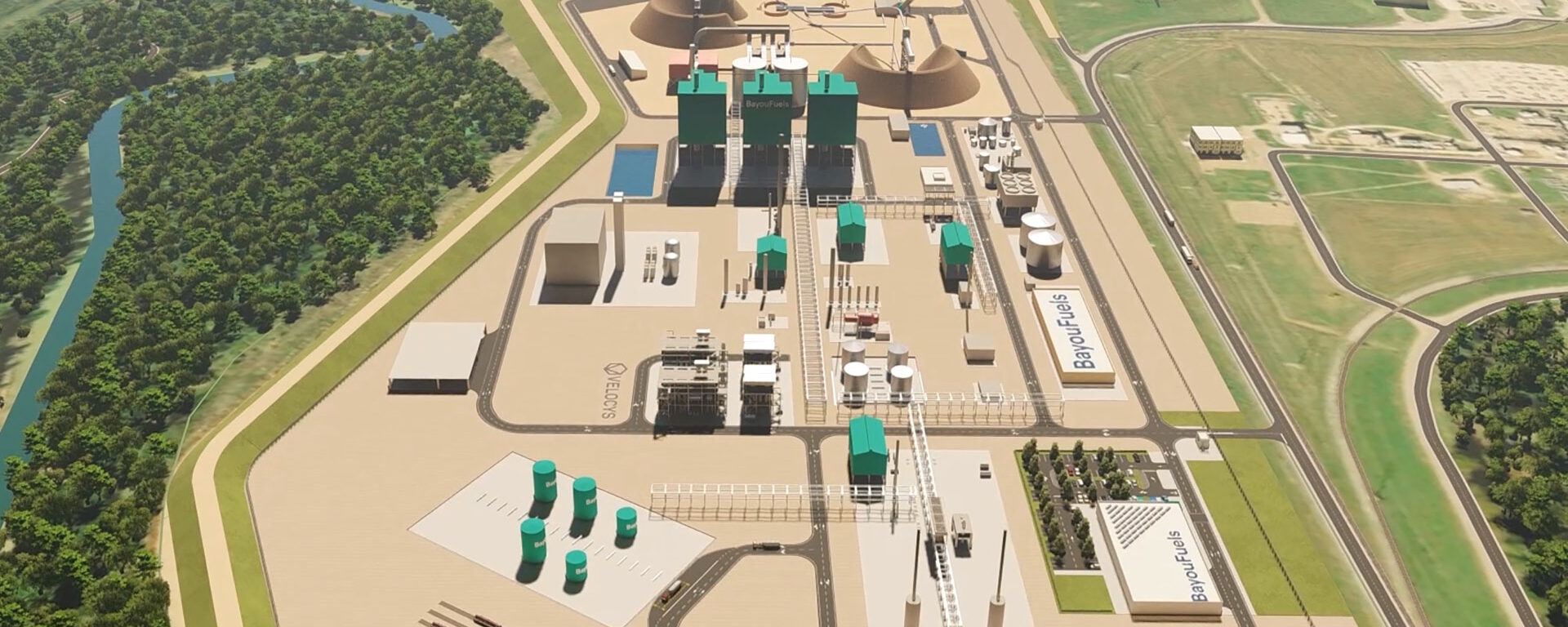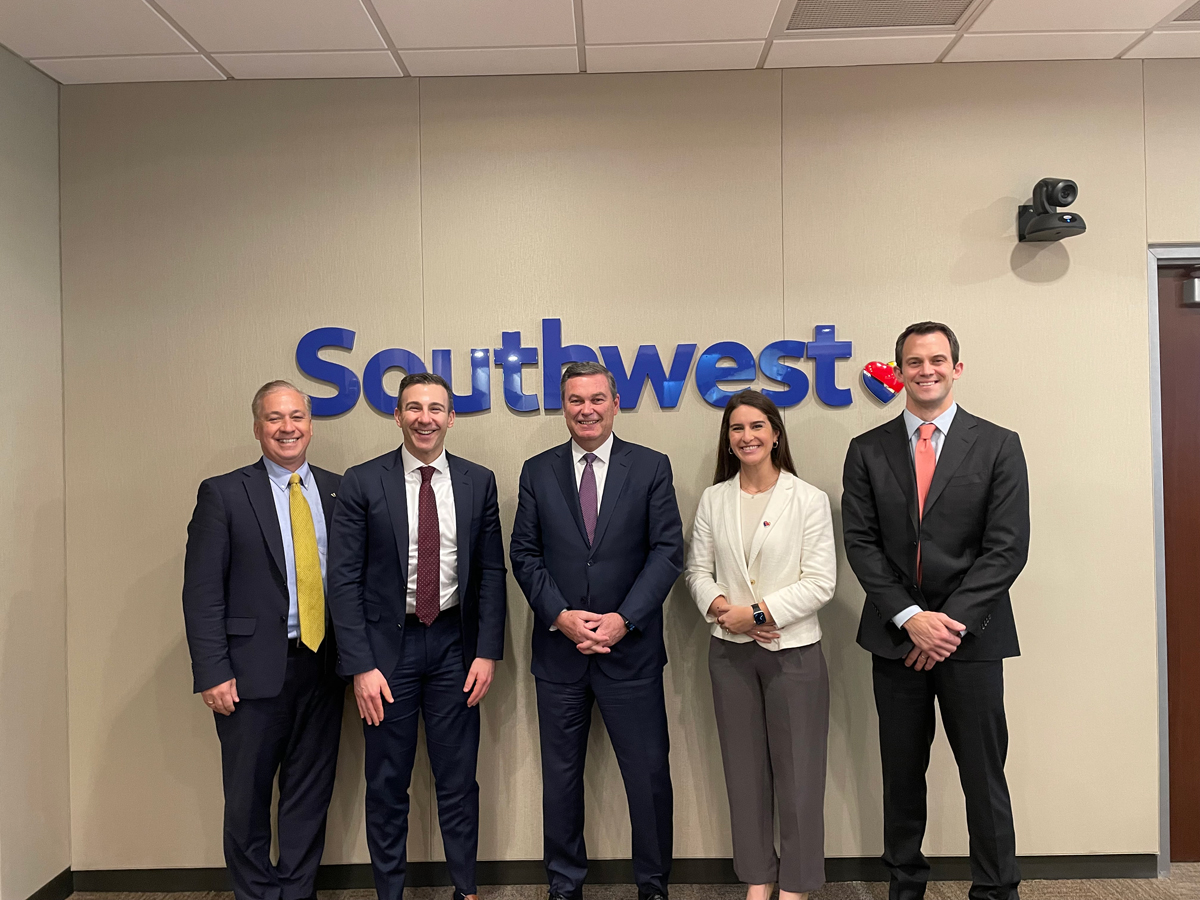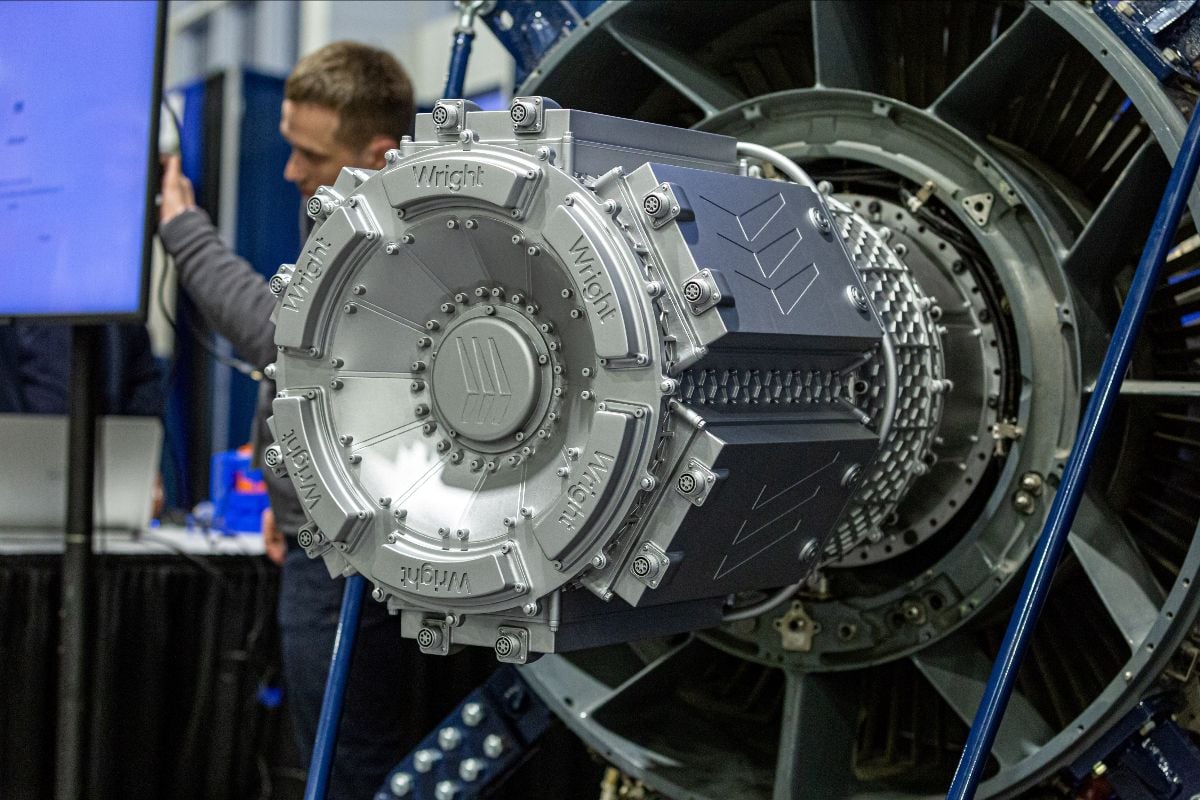Many companies are developing electric and hybrid aircraft as the aviation industry faces the critical challenge of reducing its carbon footprint. Although new aircraft can reduce carbon dioxide emissions, sustainable aviation fuels (SAF) offer a near-term solution for cleaner skies.
In a recent boost to the green aviation fuel industry, Velocys secured $40 million in funding from a consortium of growth investors. The UK-based firm is a pioneer in SAF development by pushing its technology towards broader adoption and potentially revolutionizing air travel.
Traditional jet fuel contributes to climate change since it is derived from crude oil, which releases harmful greenhouse gases such as carbon dioxide, nitrogen oxides, and methane. On the other hand, sustainable aviation fuel is produced from sustainable sources like biomass, recycled waste, or even captured carbon dioxide, offering a significantly lower carbon footprint of up to 80% less than conventional fuel.
This makes it a crucial player in the fight against aviation’s environmental impact. Velocys stands out with its innovative Fischer-Tropsch process and proprietary micro-channel reactor technology. This unique combination allows them to convert diverse feedstocks – from household waste to green hydrogen and drop-in SAF compatible with existing aircraft engines. Unlike other SAF processes, Velocys’ technology boasts flexibility and scalability, making it adaptable to various feedstock options and production capacities.
May Liew, GenZero’s Investment Director, said:
“Decarbonising the global aviation industry will require innovative solutions that can be adopted with ease and at scale. This is where Velocys’ pioneering Fischer-Tropsch reactor is relevant, with its modularity and efficiency to support the development of advanced biofuel applications. By leveraging technology to transform waste materials into sustainable aviation fuel, Velocys is well positioned to play a key role in scaling the use of low-carbon fuels to pave the way towards net-zero aviation.”
The recent investment, led by Carbon Direct Capital, Lightrock, GenZero, and Kibo Investments, is a significant vote of faith in Velocys technology, with the funding helping their technological development in refining the Fischer-Tropsch process and reactor technology for even higher efficiency and lower emissions. The investment will also fund the expansion of Velocys’ reactor manufacturing facility in Ohio, ensuring a steady supply for future projects and leading to more jobs for the state.
Henrik Wareborn, Velocys’ CEO, said:
“The deal secures the future of Velocys, our pioneering technology and our industry leading talent, allowing us to keep our foot on the accelerator as we continue to lead the way in innovative sustainable aviation fuel solutions as we enter an inflection point for our industry.”
Velocys is not flying solo on this one with them, having a strategic partnership with major airlines like British Airways, working on developing a commercial-scale SAF production facility in the UK. This collaboration showcases the industry’s growing commitment to sustainable practices and highlights the potential for widespread adoption of SAF technology.
Despite the positive outlook, challenges remain, as the current production cost of SAF is higher than conventional fuel, requiring policy support and incentives to bridge the price gap. Ensuring the sustainability of materials and scaling production infrastructure are also crucial hurdles. However, the growing demand for SAF presents a major opportunity, as airlines face increasing pressure from governments and consumers to reduce their emissions, making SAF a viable solution.
Furthermore, technological advancements and economies of scale promise to reduce production costs, making SAF more accessible. The implications of Velocys’ success extend far beyond the aviation industry. The development of efficient and scalable SAF technology can mitigate climate change by reducing aviation carbon emissions.











